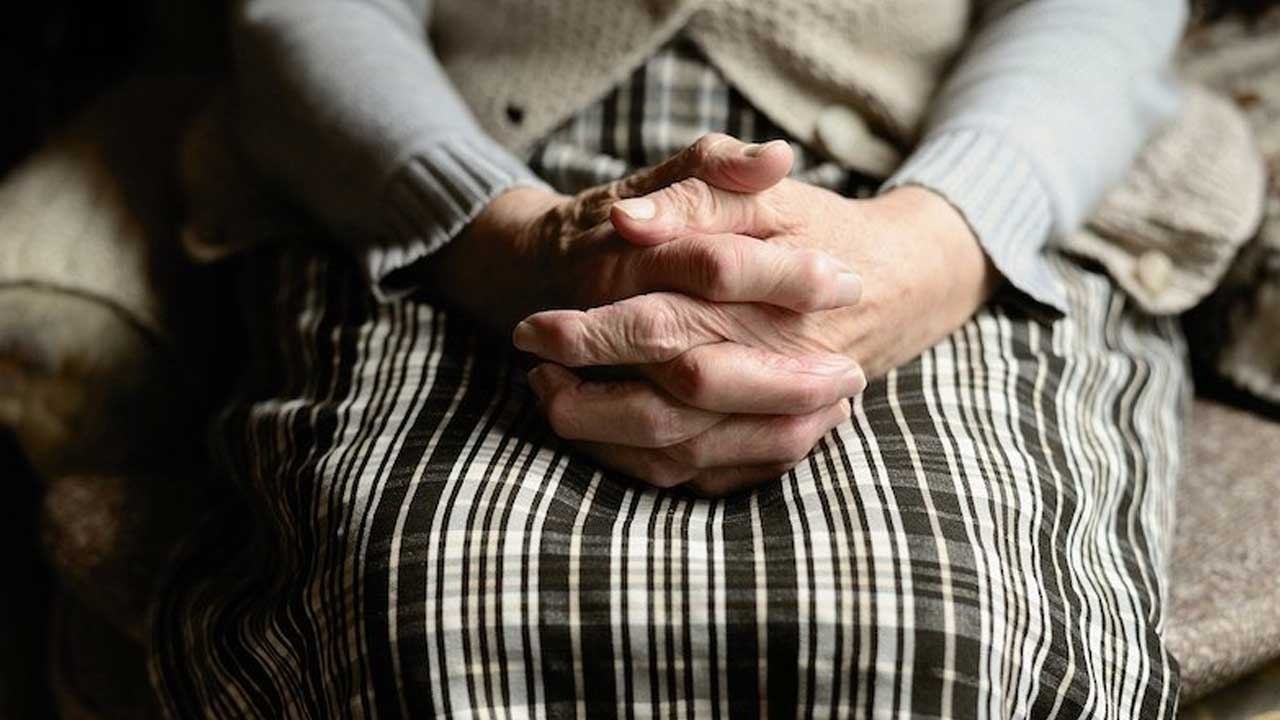Increasing poor physical (motor) function from around age 65 is associated with an increased risk of death, finds research published by The BMJ today.
Signs of increasing decline, such as difficulty getting up from a chair or getting dressed, emerge up to 10 years before death, the findings show.
The researchers, therefore, suggest that early detection of changes in motor function “might offer opportunities for prevention and targeted interventions.”
It is well known that motor function, also commonly known as the physical function or physical capability, declines with age, but rates of decline differ widely from person to person. And while studies show that decline in cognitive (mental) skills can emerge up to 15 years before death, it’s not clear whether the same is true for physical abilities.
To explore this further, researchers examined several measures of motor function for their associations with mortality over a 10 year period from around age 65.
Their findings are based on over 6,000 participants of the Whitehall II Study, which recruited participants aged 35-55 years in 1985-88 to look at the impact of social, behavioural, and biological factors on long term health.
Between 2007 and 2016, participants underwent motor function assessments on up to three occasions. These included measures of walking speed, chair rise time, and grip strength, along with self-reported measures of functioning and difficulties with activities of daily living, such as dressing, using the toilet, cooking and grocery shopping.
Deaths from any cause were then recorded until October 2019.
After taking account of other potentially influential factors, the researchers found that poorer motor function was associated with an increased mortality risk of 22% for walking speed, 15% for grip strength and 14% for timed chair rises, while difficulties with activities of daily living were associated with a 30% increased risk.
These associations became progressively stronger with later-life assessments.
Further analysis showed different patterns of change between participants who died and those who survived.
For example, participants who died had poorer chair rise times than survivors up to 10 years before death, poorer self-reported functioning up to seven years before death, and more difficulties with activities of daily living up to four years before death.
These differences increased steadily in the period leading to death.
This is an observational study, so can’t establish cause and the researchers point to some limitations, such as being unable to examine trajectories of motor function by cause of death or in specific minority groups, and not accounting for events such as falls or hospital admissions.
Nevertheless, they say this study “adds to the sparse literature on the terminal decline in motor function and, to our knowledge, is the first to examine terminal and age-related long term trajectories of multiple measures of motor function.”
The ageing of populations worldwide makes understanding of the functional status of older adults and change in functioning with age important, they write.These results suggest that strategies to reduce accelerated decline should start before old age and that early detection of changes in motor function might offer opportunities for prevention and targeted interventions, they conclude.
They point out that as the study participants continue to age and more data becomes available, this will help to inform the development of interventions to promote healthy ageing.
Although the authors suggest that “early detection of changes in motor function might offer opportunities for prevention and targeted interventions,” what these interventions would be and what specifically they would be aiming to achieve is unclear, they note. “Despite the focus on death as an outcome in these analyses, our goal should always be to add life to years, not just years to life.”

 Signs of decline emerge up to 10 years before death
Signs of decline emerge up to 10 years before death











.jpeg)

.jpeg)
.jpeg)

.jpeg)


.jpeg)



.jpeg)
.jpeg)
.jpeg)


.jpg)


.jpeg)
.jpeg)